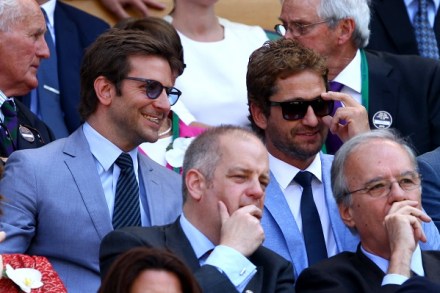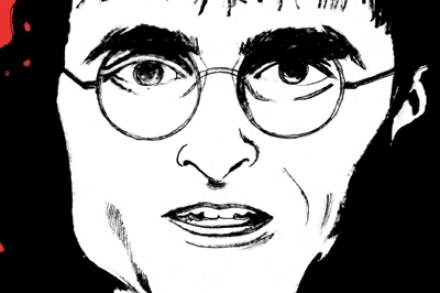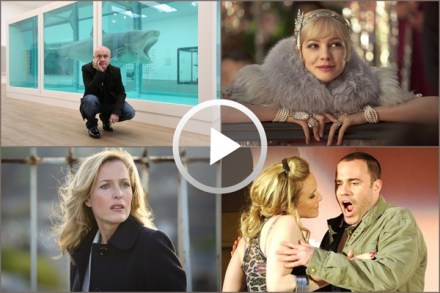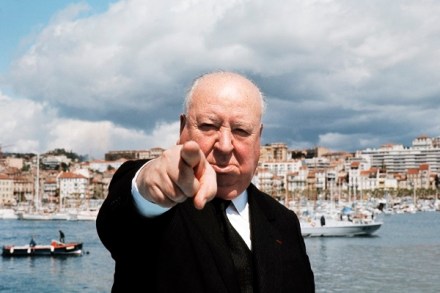Two film stars watch some tennis. World goes mad!
The first Briton in 77 years won the Wimbledon championships on Sunday, but this is perhaps incidental; did you spot the real thing of note? That Bradley Cooper and Gerard Butler were there to watch him, and were actually laughing and talking to each other, like normal human beings? That’s the real story here! From the flurry of online activity about the sighting of the pair, you might be forgiven for thinking they had done something other than, well, just stand there watching the tennis and have a friendly chat, as all the other spectators (or those who weren’t instead scanning the crowd for well-known faces) were doing. Celeb-spotting at



















